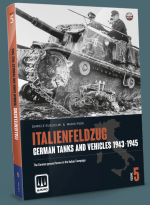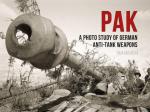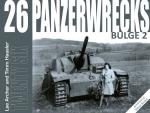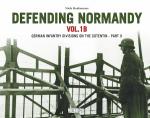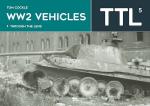The Red Machines Series is entirely devoted to the hardware of the Red Army. Each volume provides in-depth information, much of it completely new to the western world, as well as a large number of photos, of which many have never been published to date. Blueprints, drawings, colour profiles and data tables are also provided with each volume to describe each vehicle’s development and production variants.
This book describes in detail the complex and nuanced development of what became the T-34, the conditions under which the tank was developed and tested, and how a few calm words by Stalin prevented the T-34, later the most famous Soviet tank of World War Two, from being terminated as a stillborn design during its development trials.
The T-34 medium tank was the best-known and most widely used Soviet tank of the Second World War. Produced at Plant No183 in Kharkiv, the Stalingrad Tractor Plant (STZ) and at plants in Gorky, Nizhny Tagil, Sverdlovsk and in other cities, the T-34 and later T-34-85 were produced in larger numbers than any other Soviet wartime tank design.
The A-20G, A-32 and A-34 full-track prototypes that resulted in the production of the T-34 were developed from and in competition with combined wheel-track medium tank designs, the preferred direction for all but heavy tanks in the Soviet Union of the late 1930s. The new prototypes also went against other prevailing tank development thinking at the time. As such, the birth of the T-34 as a series production tank was not a foregone conclusion at the time of its development.





